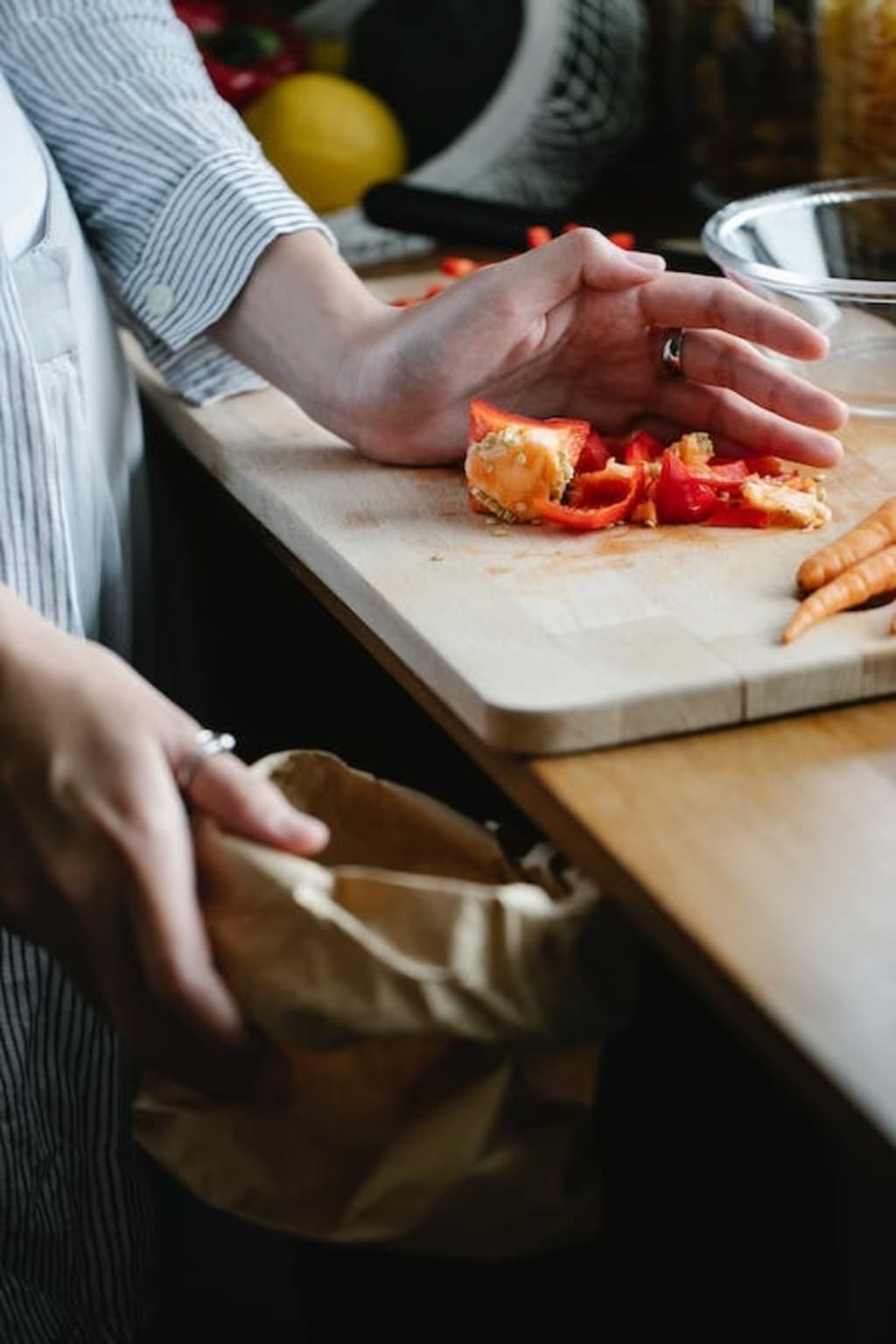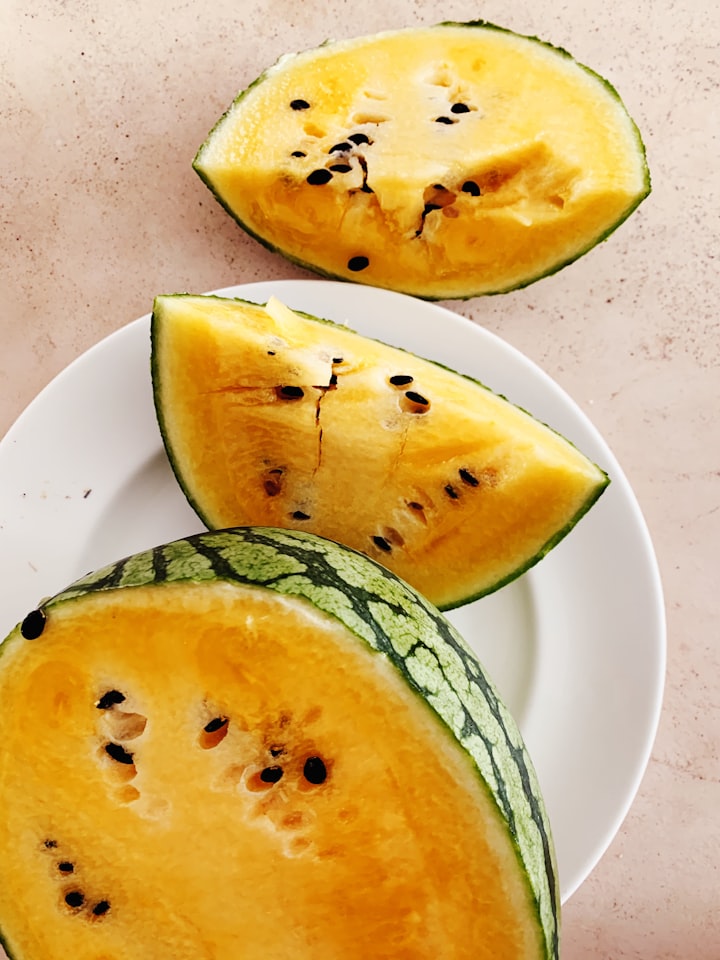Composting at Home: Making Organic Fertiliser from Food Waste
A step-by-step guide on how to make compost by turning food waste into fertiliser.

Introduction
Around the world, landfill rubbish has the potential to cause substantial social and environmental damage. However, you can take simple measures at home like recycling as well as turning your food waste into compost. Not only does composting at home help reduce methane emissions and save landfill space; it can provide you with free organic fertiliser for your garden.
As much as 25% of landfill waste is from household kitchens and gardens. For your garden, compost helps with microbe growth, aerates your soil, and keeps weeds under control. Best of all, you can make it from household scraps. Here’s a complete guide to turning your food waste into compost.
Buy A Compost Bin Or Start A Compost Pile
In broad terms, you have a few different methods for creating DIY compost at home. However, compost heaping, whether through a bin or a simple compost pile, tends to be the easiest (and the most cost-effective) for beginners.
You have a few different options when it comes to the right container for your compost:
- Purchased compost bin - You can purchase a ready-to-go compost bin from your local gardening centre. These may feature turning handles and holes to help you aerate your compost.
- DIY compost bin - Drill four or five holes around a big container, bucket, or earthen pot at different spots to allow air filtration.
- Compost pile - If you’re using an open heap or pile, find a level area with good drainage and partial sun or shade. Make sure it’s easily accessible. Your pile should be around three feet high and five feet wide. This size supports optimal temperature for decomposition and the holding of moisture, and it ensures turning is manageable. Make sure your pile is on soil and not asphalt or concrete.
Building The Layers
Fill the bottom of your compost pile or container with a layer of soil. Add your food scraps. Then add a layer of dry waste, such as straw, sawdust, or dried leaves. Adding wood ash and sawdust can also help with the composting process.
Cover your container with a sheet of plastic or a plank of wood to keep the moisture and heat in.
Check once every few days for moisture levels. If it’s too dry, add some water. Your compost should be moist but not soggy. If your pile becomes too wet, try adding brown materials such as twigs, dry leaves, wood chips, straw, and sawdust; and turning it more frequently.
Food scraps and organic materials
What type of food scraps can you add to your compost? By and large, you can add just about anything, including vegetable and fruit peels, lawn clippings, washed egg shells, coffee grounds, stale bread, noodles, crackers, and used tea bags.
- Use a caddy in the kitchen - A good tip is to place a compost caddy or small bin on your kitchen countertop into which you can tip your scraps for the compost heap.
- Add sawdust - You can also add items like sawdust (from nontreated wood) or wood ash, though not charcoal or coal ash.
- Carbon and nitrogen - Adding other materials like paper, twigs, and leaves can boost carbon while lawn clippings, fruit, and vegetables balance out your compost with some essential nitrogen. Shred and cut up everything before adding it to your compost.
As a general rule, aim for a 50:50 ratio of brown and green materials:
- Brown - Straw, paper, cardboard, dry leaves, wood prunings, sawdust. These add the necessary carbon to the mix.
- Green - Fruit and vegetable scraps, tea bags, coffee, eggshells, grass clippings, plant cuttings, and flowers. These are high in nitrogen.
Along with brown and green waste, your compost needs water and air to decompose properly.
What to avoid
What should you avoid adding to your compost?
- Diseased plants - As a rule, you’ll want to avoid any plant material that’s diseased or hosting pests.
- Chemicals - Weeds and plants that have been treated with pesticides and other chemicals are also to be avoided.
- Oils and seafood - Generally speaking, you may wish to avoid grains, oil, meat, bones, seafood, and dairy. Reasons for avoiding these include a slow timeframe to decomposition, odorous compost, and attractiveness to rodents.
- Pet and human waste - Never put pet and human waste into your compost.
- Artificial materials - Artificial materials like foam, metal containers, glass, and plastic are also not to be added.
If you’re using a sealed compost bin, you might be confident about adding meat and bread since rats and mice won’t be able to get at it.
Turning your compost
Use a pitchfork or shovel to turn your compost every two to four weeks.
How long does it take?
Your mixture of green and brown matter can take anywhere from two weeks to six months to turn into the black gold that gardening enthusiasts call compost. The finished product is completely decomposed. You’re left with an organic fertiliser you can use to feed your vegetable plots, fruit trees, and shrubbery, and even to enrich your lawn.
Conclusion
Composting your food scraps (and garden waste) is one of the simplest ways to live a more sustainable lifestyle. Composting minimises food waste as well as greenhouse gases like methane. Your food waste, instead of going into landfill, can be used as the key organic material for your compost bin or pile.
Composting is in practice very easy. All you need is the right spot or a container, along with some brown and green matter. So feel free to get started today, and start reaping the multiple benefits of helping out the environment, minimising landfill, and creating your own organic fertiliser.
About the Creator
Jacqui Coombe
Jacqueline Coombe is a freelance writer specialising in business development, marketing and career development content. With 7 years of experience preparing content for a range of industries, she enjoys sharing her expertise with others.






Comments
Jacqui Coombe is not accepting comments at the moment
Want to show your support? Send them a one-off tip.